Exploring 12 Common Sensor Types & Their Impact on Performance, Safety, & Convenience From kitchen appliances to vehicles, electronic sensors have long been essential components inside the devices we enjoy as a society. Sensors are used to detect...
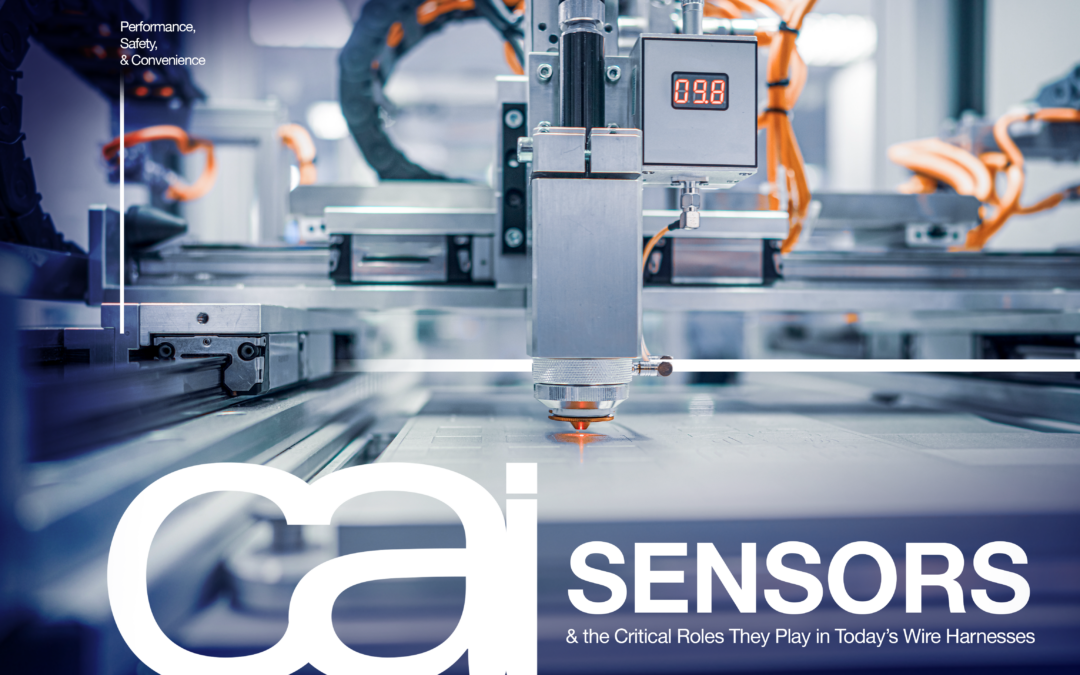
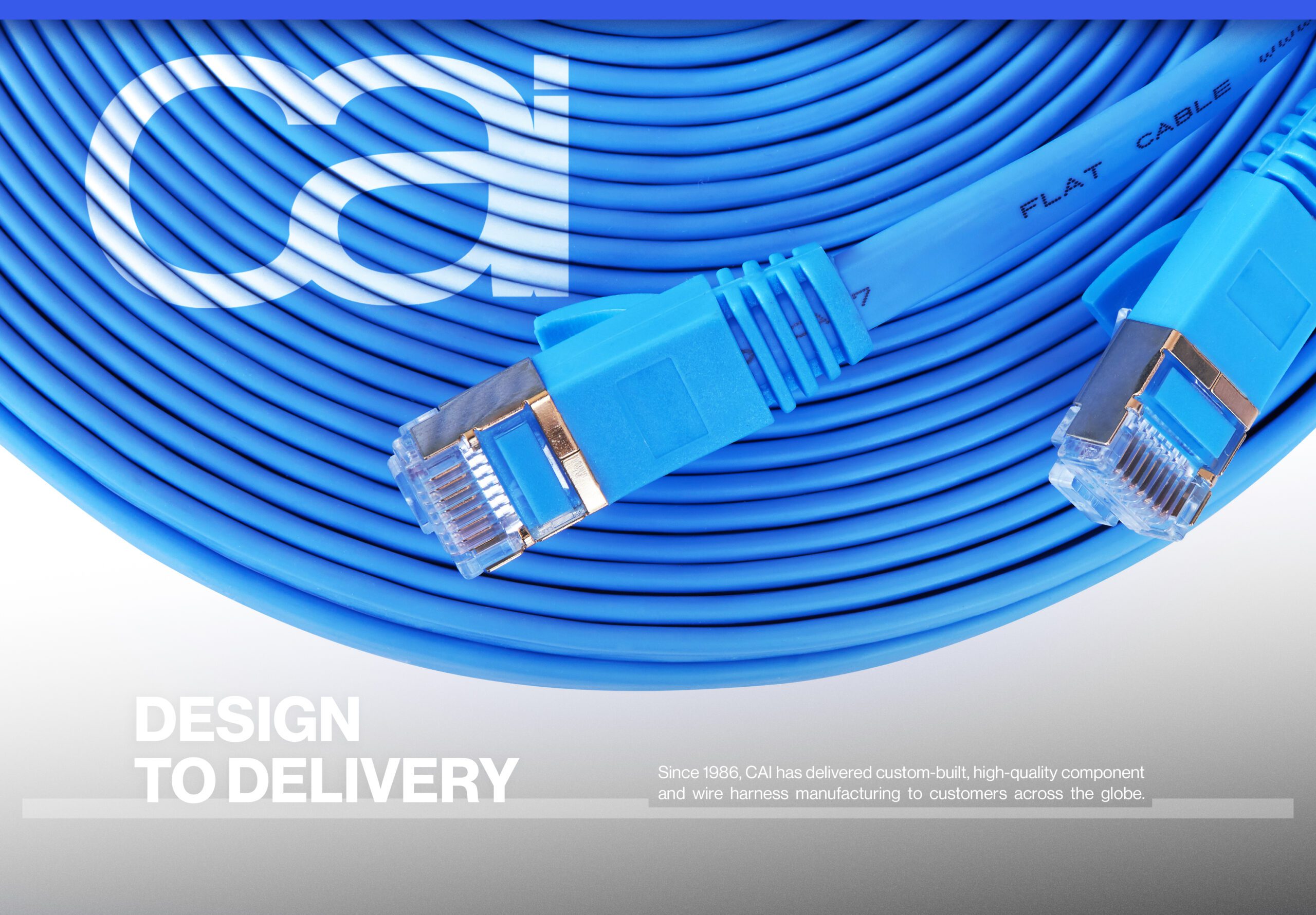

Exploring 12 Common Sensor Types & Their Impact on Performance, Safety, & Convenience From kitchen appliances to vehicles, electronic sensors have long been essential components inside the devices we enjoy as a society. Sensors are used to detect...
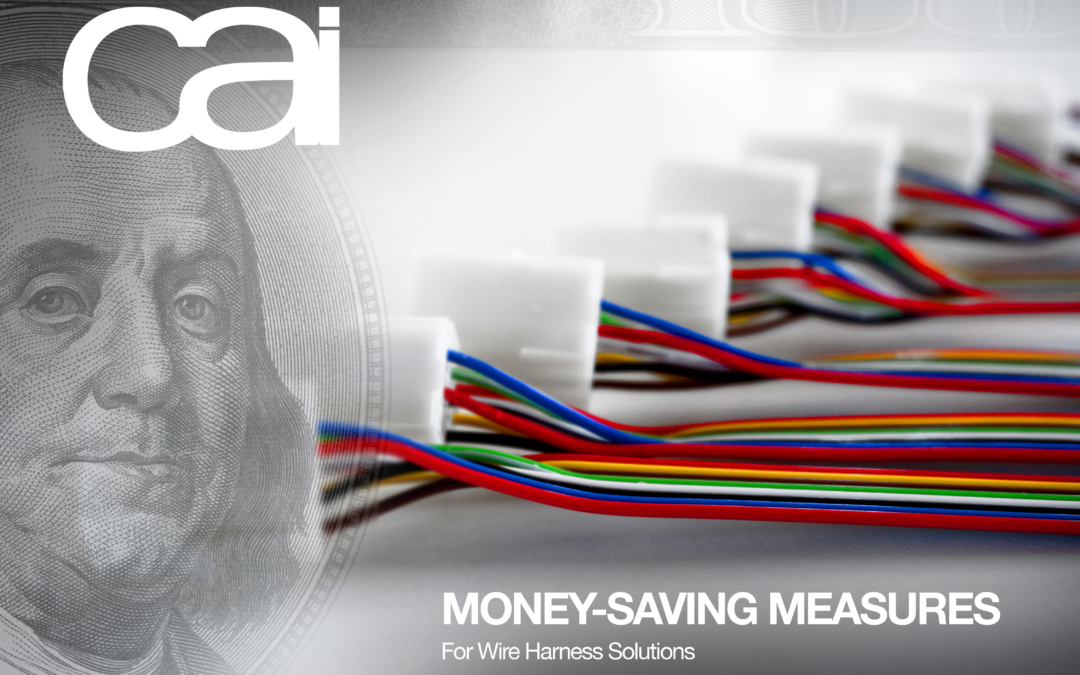
Why CAI is Your Wire Harness Cost Savings Solution In the increasingly competitive world of modern manufacturing, wire harnesses are essential components across a broad range of industries, from automotive and aerospace to industrial machinery and consumer...

Intricate Wire Harnesses Require Custom Solutions From Trusted Experts Used in countless electrical applications, wire harnesses come in all shapes, sizes, and complexities. While a “simple” wire harness organizes a handful of wires into a bundle for basic...
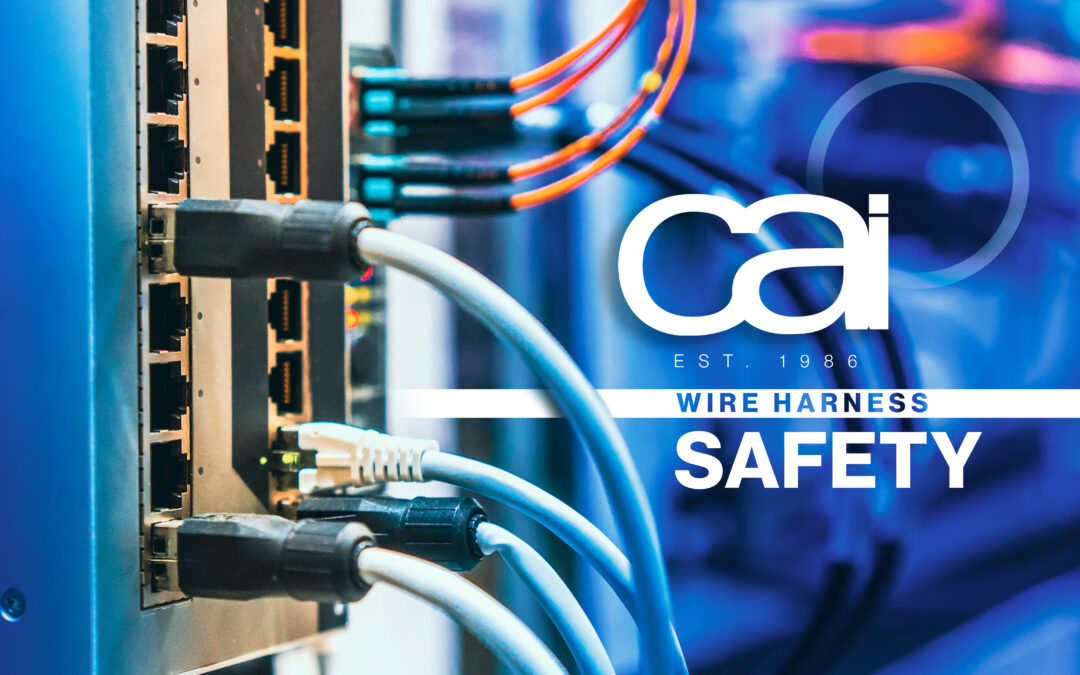
Ensuring Optimal Safety in Wire Harness Design The ability to control and utilize electricity — for everything from lighting homes to powering cars — is easily one of history’s greatest achievements, leading to many of our modern conveniences. However, there...
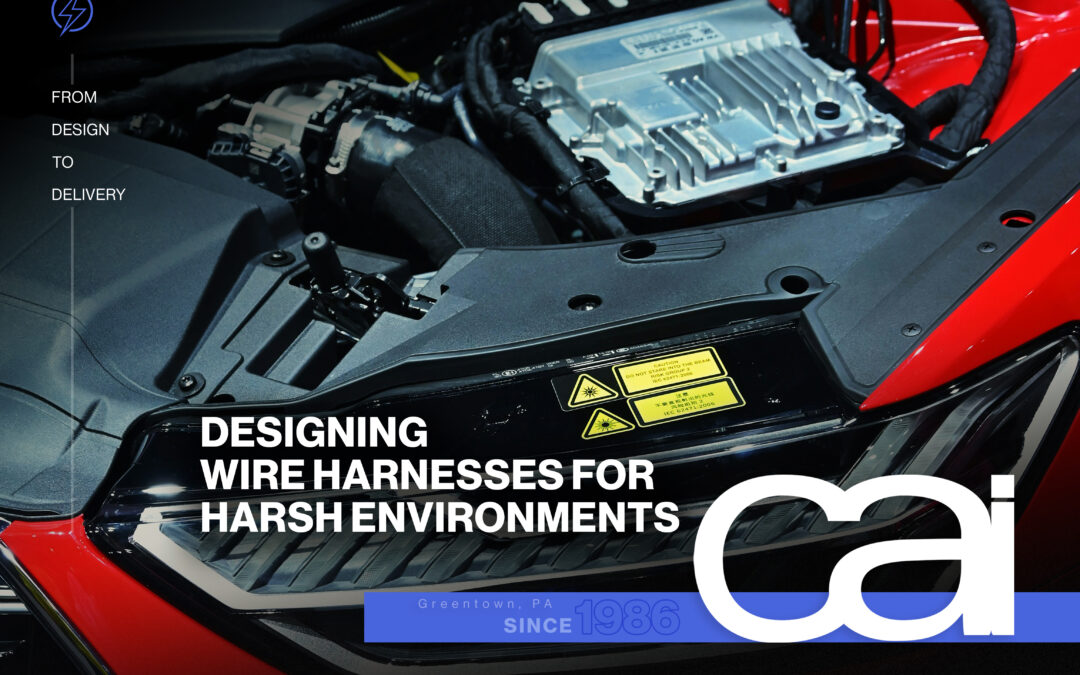
Extreme Conditions Call for Extra Consideration in Wire Harness Manufacturing Wire harnesses must be carefully crafted in order to effectively supply power and data to the machines and devices we use in our homes and businesses every day. The same is true for...
Designed to transmit signals and power smoothly within an electrical system, wire harnesses are the organized bundles of wires, cables, and connectors used in a wide variety of electrical devices we use every day. Whether we realize it or not, wire harnesses are all around us, in automobiles, telecommunications equipment, radio transmission devices, satellite systems, home appliances, office machines, consumer electronics, and more.
Unlike cable assemblies which typically create a singular path from one circuit to another, wire harnesses feature several pathways and ends, similar to the body’s central nervous system, with different wires serving different purposes. By securely bundling and routing wires, harnesses also offer organizational, aesthetic, and safety benefits.
As conduits from point A to point B, wire harnesses play a critical role in their larger systems’ overall quality and performance. In order to take advantage of all the benefits a wire harness offers, it must be properly sized to fit each application’s unique requirements and environment.
At CAI, we make sure every wire harness is designed and manufactured to exact specifications, including length, for optimal performance in its intended application. Contact us today to discuss your unique custom wire harness needs.
Careful planning and measurement of wire harness length is essential to optimize system performance. Conversely, using an incorrect wire harness length may result in negative consequences that can impact functionality, safety, and reliability. That’s why it’s always important to prioritize proper wire harness length during design and manufacturing. These are just some of the reasons wire harness length matters:
A correctly-sized wire harness ensures that all components are connected properly allowing for smooth transmission of electrical signals. If the wire harness is too long or too short, it can lead to impedance problems, signal degradation/loss, and electromagnetic interference (EMI), resulting in poor signal quality, reduced transmission speeds, and compromised performance.
Wire harness length affects the organization and routing of wires, which, when done effectively, not only best utilizes the space but also offers a cleaner, more attractive appearance.
Proper wire harness length helps mitigate wire wear and tear. Overly short wire harness length can lead to wires being stretched and strained to the point of breakage or internal damage. An overly long harness can cause tangling and excessive movement which heightens the risk of short circuits and loose connections. Having the right wire harness length enhances system durability and, consequently, the component’s lifespan.
By enhancing durability, a properly-sized harness lessens the amount of maintenance and replacements needed. Furthermore, incorrect wire length can make it difficult to identify and access certain wires for inspection or repair, resulting in increased downtime and effort required for troubleshooting and maintenance. This can mean higher costs for repairs and replacements.
To ensure that a wire harness is tailored to the specific needs and requirements of an electrical system, several factors must be considered, including:
Arguably the most important factor to consider when it comes to length, proper measurements of the intended space are essential to crafting a harness long enough to efficiently, safely, and properly connect the various components and avoid any functionality issues. It’s also necessary for a neat and organized appearance.
You must also consider how much flexing and bending the harness will have to withstand in order to operate properly and reliably. A wire harness must be designed with enough length to accommodate any bending and flexing the harness might experience without strain and tension that can compromise its integrity and damage the wires and connectors.
Moisture, chemicals, extreme temperatures, and UV radiation are just some of the major environmental threats a wire harness may face, impacting its performance and durability.
These factors play a significant role in determining wire harness length, so each wire harness should be sized to maintain optimal functionality while withstanding the various stressors of its environment.
When manufacturing electrical components, complying with local and federal safety regulations and standards is essential to ensure proper insulation, grounding, and performance while preventing potential safety hazards and legal issues. A wire harness’s length is a critical part of designing, producing, and installing it in accordance with these regulations and standards.
For over 35 years, the experts at CAI have provided high-quality custom wire harness and cable assembly solutions for businesses across practically every industry. For the precision, collaboration, and cost-effectiveness your project deserves, reach out to us today!